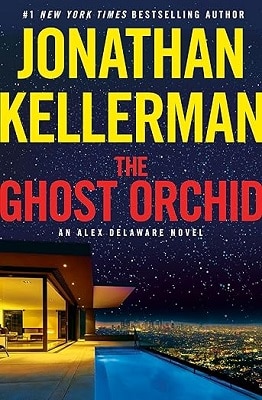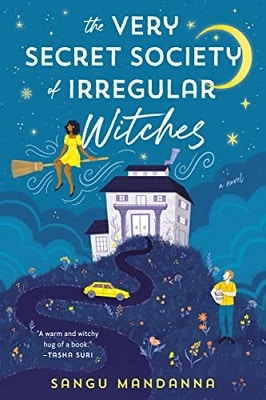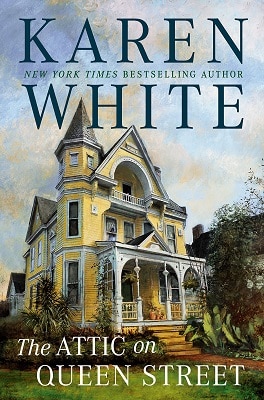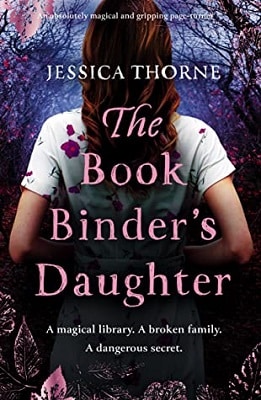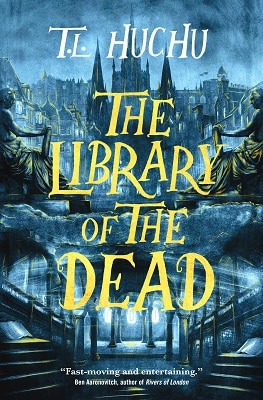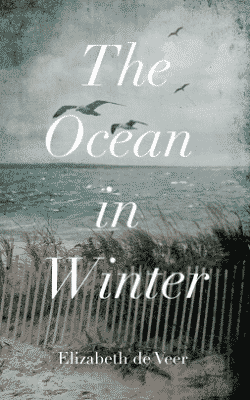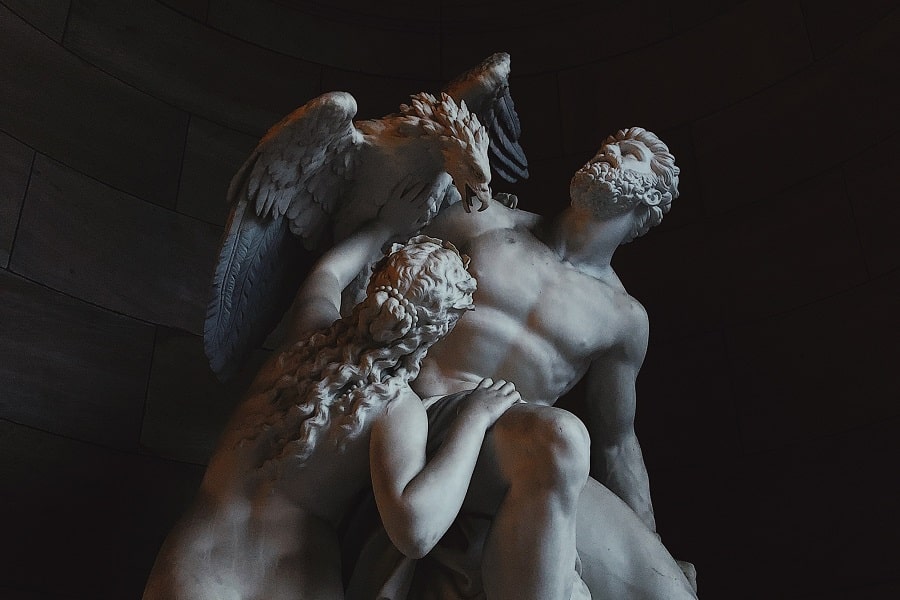
Feature
Myth & Mystery
Myths have the power to enchant and to teach. They are the earliest forms of lessons – stories with a moral. They caution against unbridled ambition, pursuing forbidden love, chasing glory, cheating death, and playing the wrong songs on a feast day (Orpheus, I am looking at you).
They have been used to explain natural phenomena – volcanos, floods, days, nights, and the seasons – and natural landmarks – from the Pillars of Hercules to the Giant’s Causeway.
Myths are stories that attempt to solve a mystery. Why do we have winter? Why did the flood waters swallow up the settlement? Why did the winds not favour me? Instead of seeking rational explanations, ancient storytellers found “human” reasons for such occurrences. Let us take the seasons, for example: Persephone had to spend several months locked away in the underworld, thus making her mother Demeter’s sadness manifest in a colder climate. That is a better story than a tilted axis. Unfavourable winds must mean the gods are displeased. This is a better story than apathetic meteorological events.
For many generations, myths were the accepted explanation for the features of the natural world. But as scientific inquiry brushed away the wrath of gods and the deeds of heroes, they became “just stories”. While the phenomena they attempted to explain have been “solved”, the human element has endured. We still love, and hate, and hope, and fail in much the same way as ancient heroes and heroines. These human endeavours – as recurrent as they are – are still mysteries to be solved.
Furthermore, despite the mysteries of the world being explained by science, the human need to seek answers has not faded into history. While our questions are not as big as the movement of the cosmos, our drive to fill in the blanks – so to speak – has never slowed. Who can abide an unanswered question? This is the allure of mystery as a genre, of course. It poses a question, draws on our fundamental drive to answer why or whodunit. This – I believe – is where mythology and mystery fiction find some common ground.
It is important to note the difference, however: mythology tries to answer a question; mystery novels try to pose one (at least until the very end). So, how can an author connect the two? The key is to know what authors want to achieve and what readers want from a narrative.
Let us examine the former first.
Authors hope to some universal truth, something that can make the reader feel understood – something she/he can identify with. This is where myths come in. Take, for instance, Achilles, famed and feared warrior of Ancient Greece. He is the very embodiment of courage, strength, and – ultimately – proof that no one is truly invincible. His only vulnerability was his heel (the place his mother held onto when she dipped him in the River Styx) or – if you prefer Madeline Miller’s modern retelling, The Song of Achilles – his love for Patroclus. The fact that a single weak point can be fatal to a great person is a compelling, universal trope.
advertisement
A mystery author can use this as tragedy or parody. She/he evoke Achilles to illustrate a brilliant detective with a single (perhaps fatal) blind spot. Or he can be used to create a seemingly invulnerable villain – a mastermind with a watertight alibi and who has painstakingly covered their tracks…except…one tiny thing that will lead to their downfall.
This is the inspiration part of it, of course, the starting point for the writer. However, it can be employed to greater effect through allusion. By referencing the myth in such a work (either dietetically – by having the myth retold in the narrative – or covertly – by subtle naming conventions or shred descriptions), an author can co-opt the reader’s thinking.
By evoking a myth, a mystery author can rely on some level of pre-existing knowledge to give attentive readers a leg-up on uncovering the truth – thereby making them more invested in the story. Or, if they are so inclined, some authors can lead such readers astray and play with their expectations: Oh, you thought it was a reference to Icarus all this time, well, surprise!
Back to my earlier point. Now we know what authors want to achieve, but what do readers want out of it? Let us put the need to be entertained to one side for a moment. Readers – both ancient and modern – want meaning. While the machinations of nature might not be their most pressing interest, they all want to find some truth (great or small). Give any reader an obtuse work of fiction and they will struggle to enjoy it. Whether that meaning is the solution to the mystery or some emotional truth, readers are searching for it.
This is where myths fit in perfectly. A well-placed mythological allusion can place meaning within arms-reach and invest them in the story. For example, evoking Orpheus and Eurydice may help readers expect a doomed romance. Of course, I have only referenced Greek mythology here, but there are endless possibilities. The significance of wolves in Norse mythology, for example, can hint at world-ending events. Imagine a murder mystery where a victim’s hand is missing – this could be an allusion to the Norse god of war, Tyr. The perpetrator could have some delusion that he is the dread wolf, Fenrir. An allusion to the trickster god, Anansi, from Akan folklore, can evoke mischief and cleverness. Imagine a calling card left at the scene of lock-door mystery – a small silver spider charm. See how easy it is? A reader with some grasp of the original myth will already feel as if they are on the path of solving the crime.
It is all about making meaning. By using universal truths found in myths and folklore, an author can add metaphorical depth to their writing. By the same token, a clued-up reader can feel more involved in a mystery by “accessing” a well-known myth.
So, whether you are building suspense by evoking the Universal Flood Myth or solving the mystery of the Theft of Fire, myths can inspire and deepen your writing.
Here are some suggestions for novels that use mythology to great effect (some are mysteries, some are retellings): The Penelopiad, by Margaret Atwood; American Gods, by Neil Gaiman; The Labours of Hercules, by Agatha Christie; Mythos, by Stephen Fry; The Lost Queen, by Signe Pike; The Bear and the Nightingale, by Kathrine Arden; and The Gods of Jade and Shadow, by Silvia Morene-Garcia.
About the Author
Marcel M du Plessis is a freelance author, blogger, and English teacher. He is always searching for the human element in stories – be they absurd comedies or high concept literary experiments. His latest novel is The Silent Symphony, which is a modern mashup of the myth of Orpheus and Eurydice and restrictive Orwellian governments. When he is not scribbling absurd stories, he is teaching others the joy of poetry, prose, and drama. You can find out more about his work at calliopesprisoner.co.uk

More Mystery Features
Horror Through the Ages
A Journey Through Time and Terror
Technology in Horror
When gadgets become nightmares
Female Characters in Horror
From Victims to Heroes
Advertisement
Mystery Reads
advertisement




